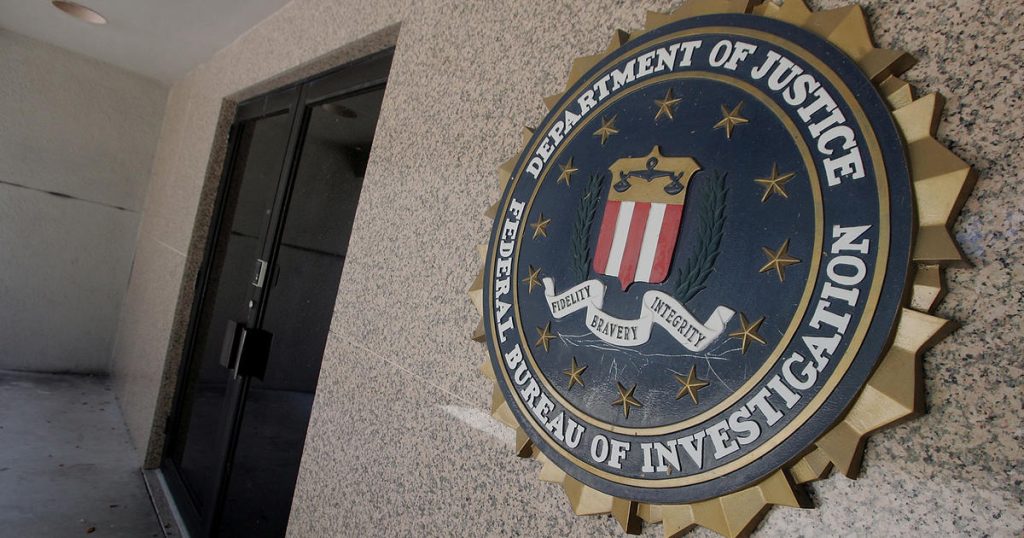President Biden signed legislation reauthorizing Section 702 of the Foreign Intelligence Surveillance Act (FISA) after the Senate narrowly passed the bill with bipartisan support, extending the program for two years. Section 702 allows the U.S. government to collect communications of non-Americans without a warrant for foreign intelligence purposes. The law faced challenges from privacy advocates and national security hawks, but ultimately passed in the nick of time before the midnight deadline. Reauthorization of the law was seen as crucial in preventing terrorist attacks, cyber intrusions, and foreign espionage.
The Biden administration praised the reauthorization of Section 702, with Attorney General Merrick Garland calling the surveillance tool “indispensable” for the Justice Department. The program allows the U.S. to collect foreign intelligence information while also protecting Americans’ privacy and civil liberties. The law was set to expire at midnight, but court approval and negotiations with communication providers ensured that intelligence collection would continue for another year. Some lawmakers had pushed for further changes to the bill, including restrictions on the FBI’s access to Americans’ data, but these amendments failed to gain necessary support for inclusion in the final version of the law.
Section 702 has come under scrutiny in recent years for potential abuses and mistakes by FBI analysts in accessing information about Americans. Despite these concerns, U.S. officials argue that the program is essential for responding to national security threats quickly and effectively. The reauthorization of the program was seen as a critical step in maintaining U.S. intelligence capabilities and protecting the country from external threats. The legislation passed after a long and contentious debate between lawmakers from both parties.
The signing of the legislation marks a significant moment in the ongoing debate over surveillance and national security in the U.S. While some lawmakers continue to push for stricter privacy protections and limits on government surveillance, others argue that the tools provided by Section 702 are necessary to safeguard the country from external threats. The passage of the bill reflects the balance between security and privacy concerns, with compromises made to ensure that intelligence collection can continue while protecting Americans’ rights. The future of surveillance laws in the U.S. remains a topic of debate and contention among lawmakers and civil liberties advocates.


